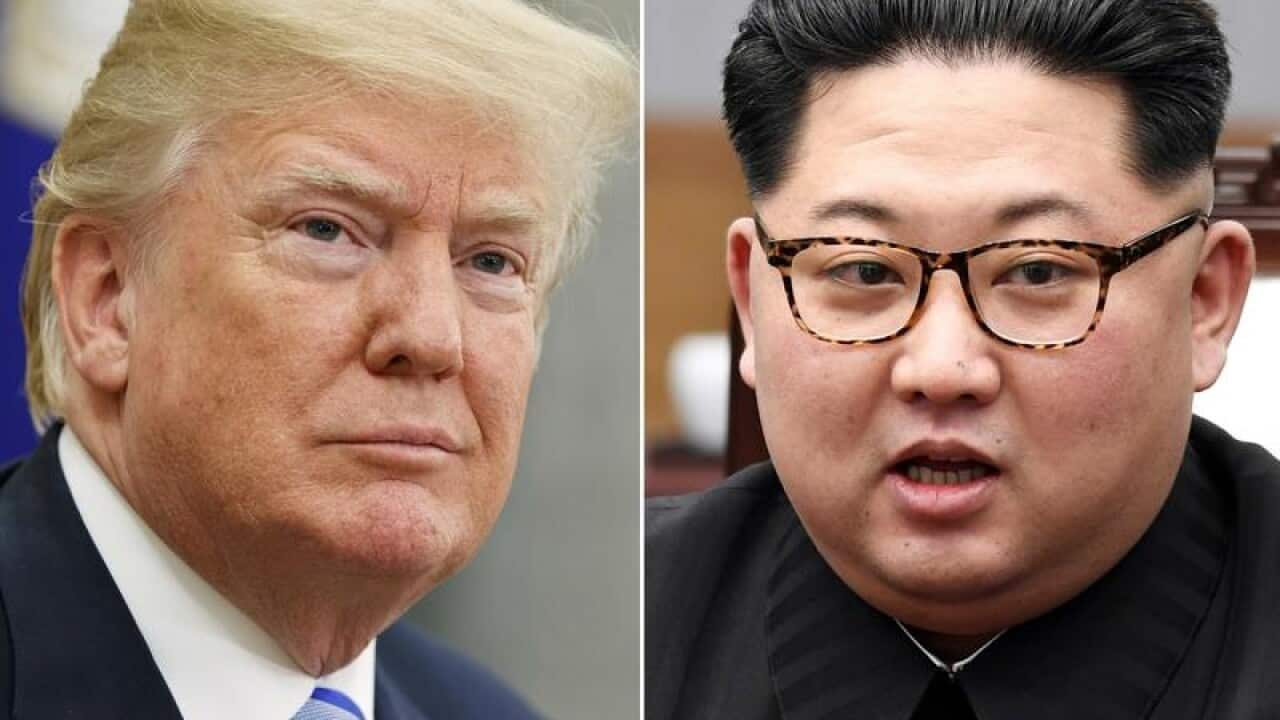Foreign Minister Julie Bishop believes North Korea may hold the key to finding out what happened to 43 Australian soldiers still missing in action in the Korean War.
According to top secret US military files, up to nine air force pilots and soldiers presumed dead may have undergone a lifelong captivity in North Korea, The Australian reported last week.
Asked about the report in question time, Ms Bishop acknowledged the grief and frustration of families but maintained successive Australian governments had repeatedly sought to ascertain the status of those missing in action.
"The tragic truth is the only authority that would have more information... is the North Korean regime," she said, pointing out there is very limited diplomatic engagement with Pyongyang.
Australia's embassy in Seoul asked the North Korean government about the missing soldiers as recently as March.
Ms Bishop said last week's historic summit between US President Donald Trump and North Korean dictator Kim Jong-un gives some cause for hope for the families.
The meeting included a pledge to recover the remains of prisoners of war and those missing in action from the 1950-53 conflict.
Bruce Gillan, whose flying-officer uncle also named Bruce could be one of the nine prisoners of war, was disappointed with Ms Bishop's response.
"My father and grandparents were never told that my uncle was believed to be alive as a (prisoner of war)," he told AAP.
"If they knew they were alive why didn't they negotiate to get them back."
Mr Gillian believes the US would have files about his uncle and isn't satisfied the Australian government has done enough to get answers.
He said Ms Bishop had been willing to "shirtfront" the Russians over the downing of Malaysia airlines flight MH17 over eastern Ukraine in 2014, but she needs to talk tough to her US counterpart.
Australia and the US military at the end of the month are expected to sign a deal to exchange relevant information and records relating to the lost Australian servicemen.
Mr Gillian is upset the agreement is non-binding.
Ian Saunders, whose father Private John Phillip Saunders is one of the missing Australians, has uncovered evidence from the Australian and US military records from 1950-1955 revealing the locations of 1700 unidentified remains.
While some of the remains could be in North Korea, others are likely to be located above and below ground on Hawaiian soil and at the United Nations Military Cemetery Busan, South Korea.
Mr Saunders blamed maladministration and a lack of communication between Australia and US military post-1953 to 2009, and said documented evidence had been ignored.

